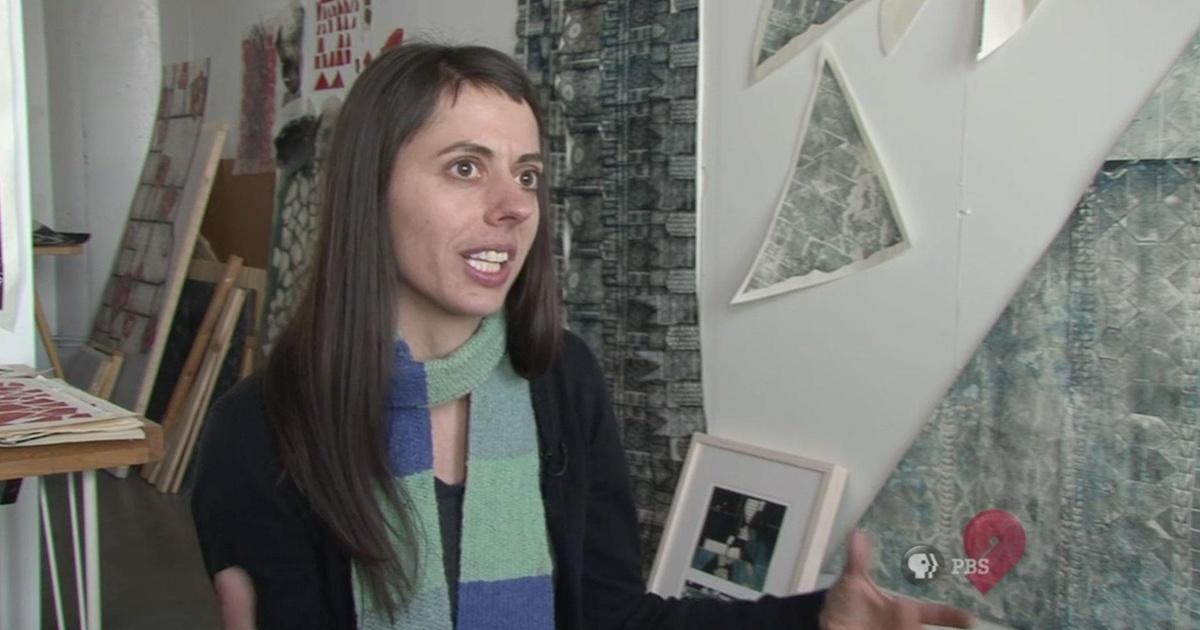
- Select a language for the TTS:
- UK English Female
- UK English Male
- US English Female
- US English Male
- Australian Female
- Australian Male
- Language selected: (auto detect) - EN
Play all audios:
But if you're not sure when or if you'll get an opening for an apology, at the very least you can bridge the gap, with no strings attached. Rather than “allow the silence to seep
in, you can maintain a respectful connection with infrequent but authentic reach-outs,” Cushing says. This tells your child that “as long as I'm alive, we're connected.” While you
may not reconnect in the way you'd like, you've demonstrated that you care. Estranged siblings and friends should heed the same advice. Unless there has been serious abuse,
physical or otherwise, an effort toward reconnection of some sort is often advised. Petty grievances should not be allowed to prevent reconciliation once there has been a cooling-off period.
SET REALISTIC EXPECTATIONS All parents make mistakes, McGregor says. “Most adults, including parents of estranged adult children, can identify things we thought our own parents didn't
handle well or things we planned to do differently with our own children.” At the same time, keep your own needs in mind. “Sometimes I hear from parents who say they'd do anything to
have their son or daughter back,” she says. “That attitude isn't healthy because it sets up an inequitable relationship." In reaching out, you'd do well to lower your
expectations. McGregor warns not to assume there will be a positive change. “Too often, parents receive a text, reply to it and then hear nothing more. If they try to arrange a meeting, it
may be ignored.” In fact, the British study reported the crushing statistic that more than 70 percent of adult kids say they don't expect or plan on a reconciliation. Sometimes “giving
in to an adult child's decision is the only sensible choice,” McGregor says. The fact is, any reconciliation will take effort, patience and strength. Instead of pinning all your hopes
on a potential text, “don't let the estrangement define you or your life,” she advises. “Help yourself now and you'll be better prepared if or when a reconciliation comes about.”
McGregor recommends refocusing your attention on yourself and your family outside of the estranged child, reaching out to others and taking an active hand in shaping your future. “One golden
rule,” says Cushing, “is based on the principle that a cutoff is not really a cutoff unless both parties co-sign on it.”







